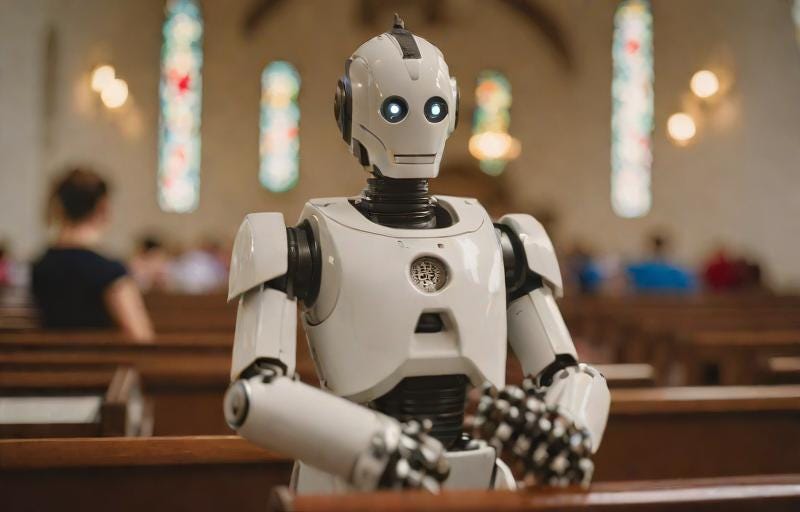IS AI A PERSON? EXPERTS PUT ON THEIR THINKING CAPS
The age-old question of whether AI (or artificial intelligence) can become a person has sparked some interesting discussions among experts. According to some theologians and philosophers, the idea of AI becoming conscious and self-aware is, well, just a bunch of nonsense. Kristin Collier of the University of Michigan School of Medicine believes “no ‘thing’ will ever have selfhood or personhood because of the ontological divide that exists between living creatures and things.”
So what exactly makes a person a person? Just ask Brian Green, a Catholic moral theologian at Santa Clara University. He says the key to personhood often centers around consciousness – something that AI is not capable of. But although AI may attempt to act like a conscious being, don’t be fooled, Green warns.
And what about the Church’s view? According to Mariele Courtois of Benedictine College, a person is capable of receiving a gift of grace and also has a spiritual soul. These are qualities that AI simply does not possess.
So where does that leave us? Well, treating AI-driven robots with a little virtue wouldn’t hurt. Luis Vera of Mount St. Mary’s University insists that a proper ethical relationship with AI is needed. Plus, as the technological world continues advancing at full speed ahead, we must not forget the value of theological foundations to guide our approach towards AI.
And the Vatican is also taking an interest in AI ethics. Green was a part of discussions surrounding AI at the Pontifical Council for Culture and attests to the goal “to get ahead of some of the major disruptions that AI is likely to cause.”
So, is AI a person? The question remains open. What do you think? Are you Team AI, or Team Definitely Not? Leave your thoughts in the comments.
IntelliPrompt curated this article: Read the full story at the original source by clicking here a fun game: sprunki horror

